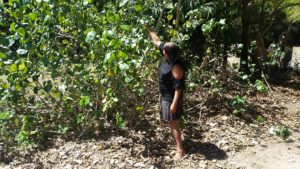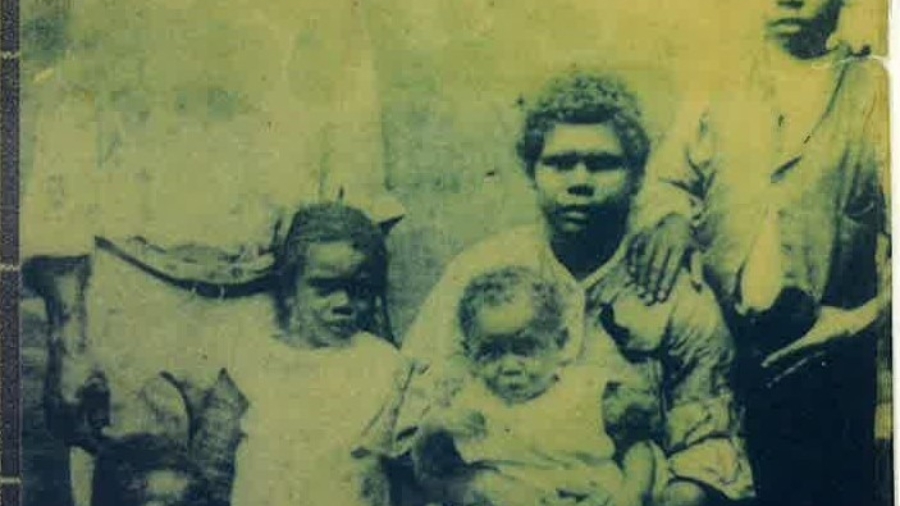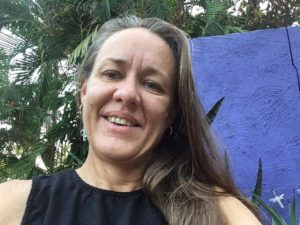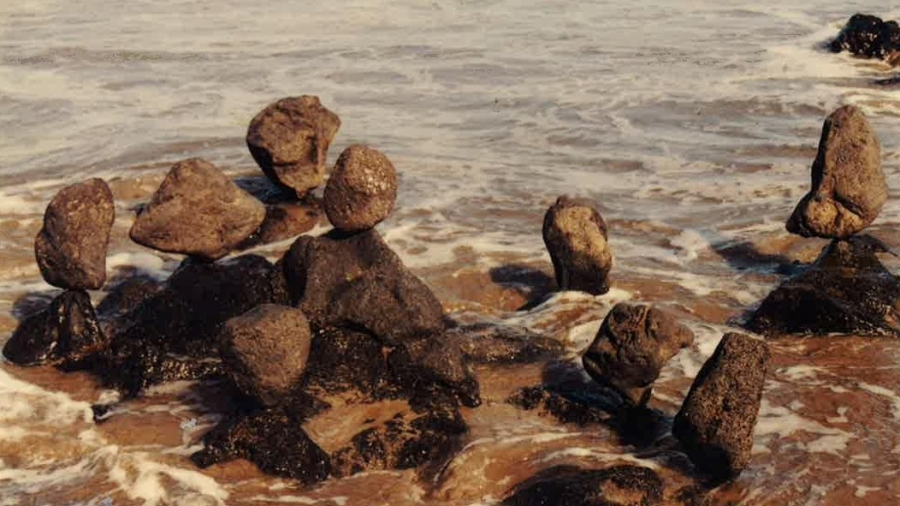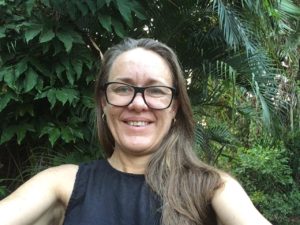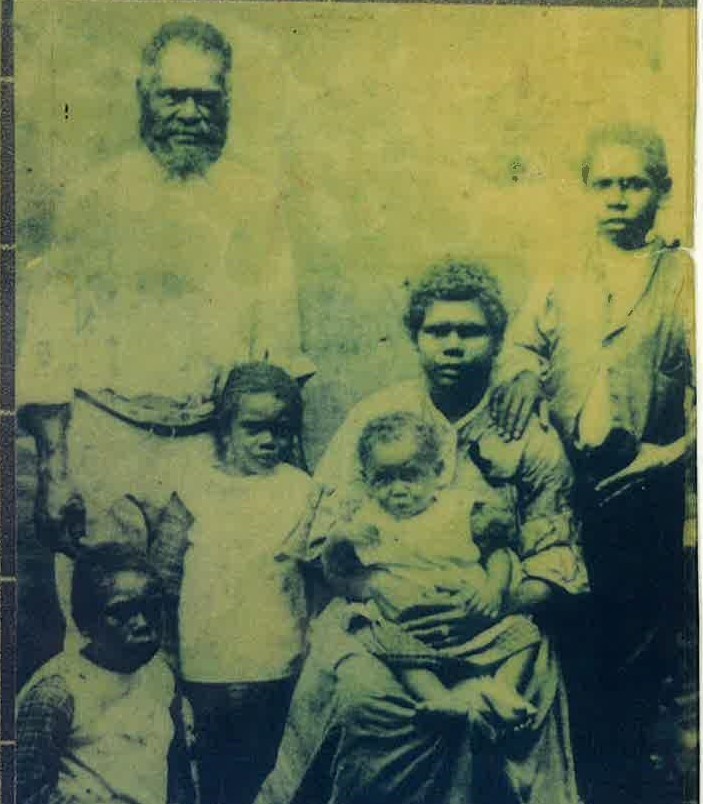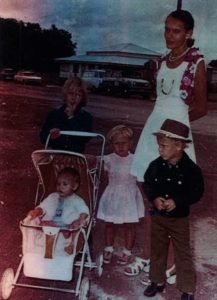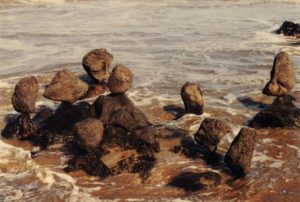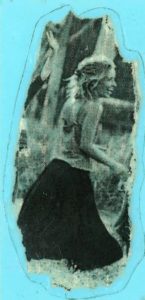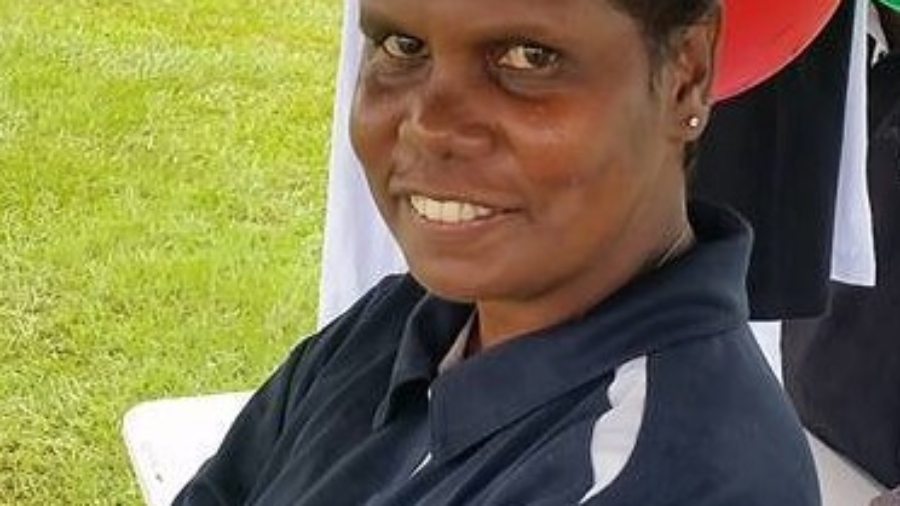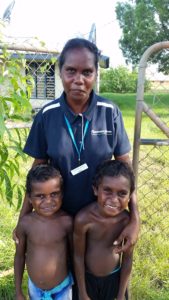Annette Dudley stumbled her way into the therapy world after being supported by her foster carers to pursue her passion for education and having a number of mentors, supervisors and children cheering her on from the sidelines. A significant milestone was the completion of her Masters of Narrative Therapy and Community Work in 2015. In this interview, Annette reflects on her project ‘Unspoken Words’: Creative Letters to Elders of my Past and Present’ utilising the narrative practice of therapeutic letter writing.
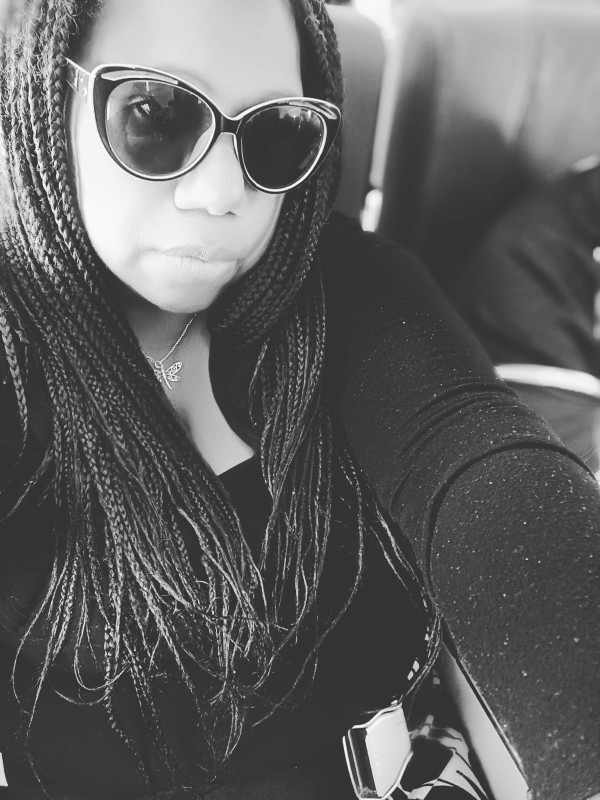
Annette is a descendent of the Bailai Nation from the Gladstone area in Central Queensland, Tanna Island in Vanuatu and Murray Island in the Torres Strait Islands. Annette has held a variety of therapeutic and support roles within mental health, Aboriginal health, family violence legal services, criminal justice, sexual assault and youth services. She currently supports youth and families as a Project Officer for Indigenous Wellbeing at Central Queensland University in Rockhampton.
This is what we explore in episode 32 of ‘Talk the Walk’:
- How Annette came to study narrative therapy and community work, and why she thinks it is a culturally sensitive approach to working with Aboriginal and Torres Strait islander people
- What led to Annette undertaking her ‘Unspoken Word’ letter writing project with Elders of her community, and the impact it had on her work and life
- Reflections on her work on Healing Camps with the Woorabinda community and the Taroom to Woorabinda Trek
- The impact narrative letter writing honouring people’s legacies can have on recipients and their families
- The significance of writing a letter from an oral culture perspective
- How the ‘Unspoken Words’ project shaped Annette’s therapeutic practice with clients
- Exploring the fit of Cognitive Behavioural Therapy with Indigenous clients
- What Annette loves about using the Tree of Life methodology with clients
- Reflections on Annette’s journey from foster child to therapist
- Rolemodels, motivators and admirers
- Annette’s career highlight – a sparkling moment!
To listen, simply click on the Play button below or listen via the Stitcher App for iOS, Android, Nook and iPad.

You can subscribe to future podcast episodes from our Subscription page. Don’t forget, if you or someone you know would make a great interview on ‘Talk the Walk’, send us an email from the Contact Page.
Things to follow up after the episode:
‘Unspoken Words’: Creative Letters to Elders of my Past and Present”
David Denborough
Cheryl White
David Epston
Ncazelo Ncube-Mlilo and The Tree of Life
Contact Annette at dlzmmettswplsg(at)gmail(dot)com
Podcast: Play in new window | Download
Subscribe: RSS


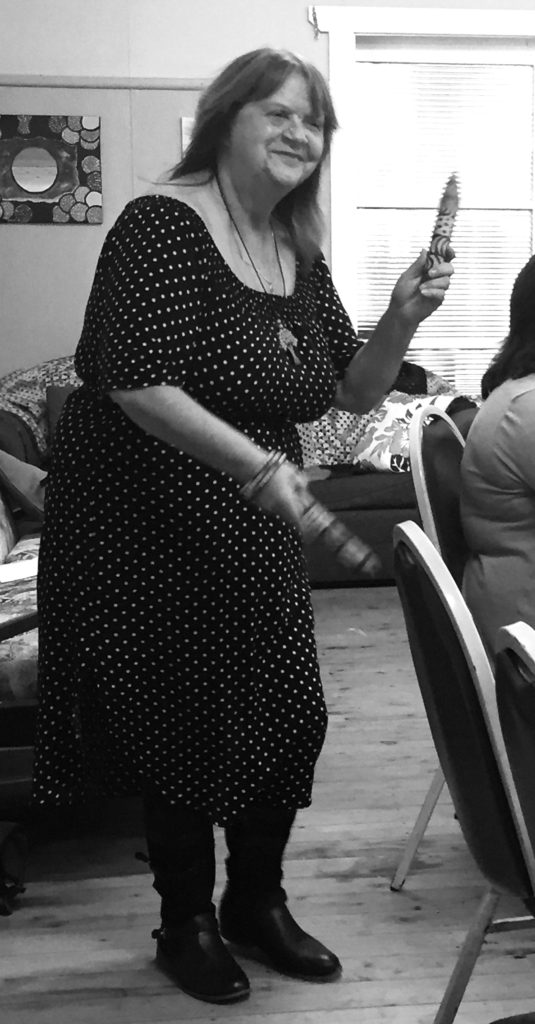
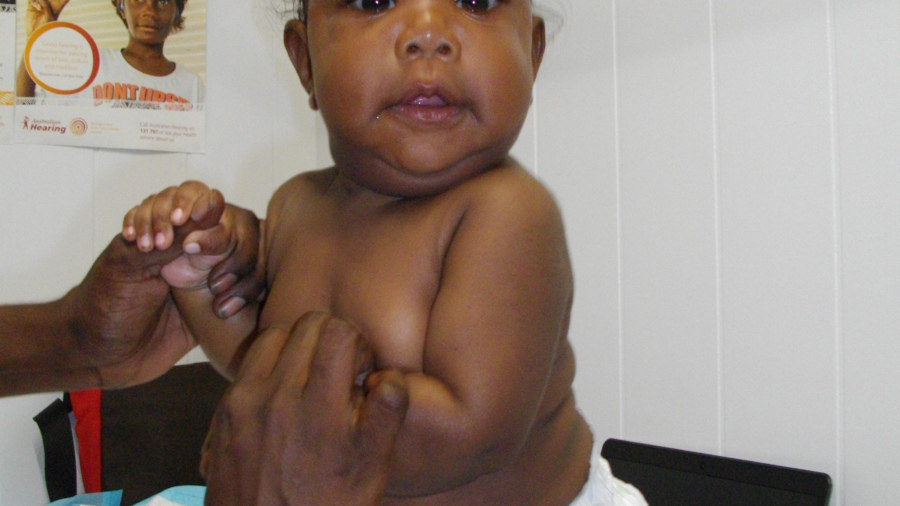
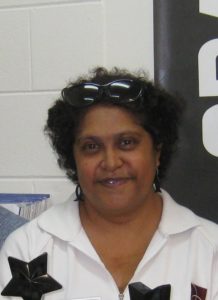 It is a short but oh so sweet conversation, this week on ‘Talk the Walk’. As is so often the case, social workers are busy people and taking a half hour out of the daily schedule is precious time. My guest is Diana Jans, an Aboriginal maternal health social worker with Apunipima Cape York Health Council. After several years working as a teacher with vulnerable children, it was obvious to Diana she needed more skills to be able to meet their needs. Join me, as we take a quick trip down memory lane with Diana and discover what it takes to be a remote social worker.
It is a short but oh so sweet conversation, this week on ‘Talk the Walk’. As is so often the case, social workers are busy people and taking a half hour out of the daily schedule is precious time. My guest is Diana Jans, an Aboriginal maternal health social worker with Apunipima Cape York Health Council. After several years working as a teacher with vulnerable children, it was obvious to Diana she needed more skills to be able to meet their needs. Join me, as we take a quick trip down memory lane with Diana and discover what it takes to be a remote social worker.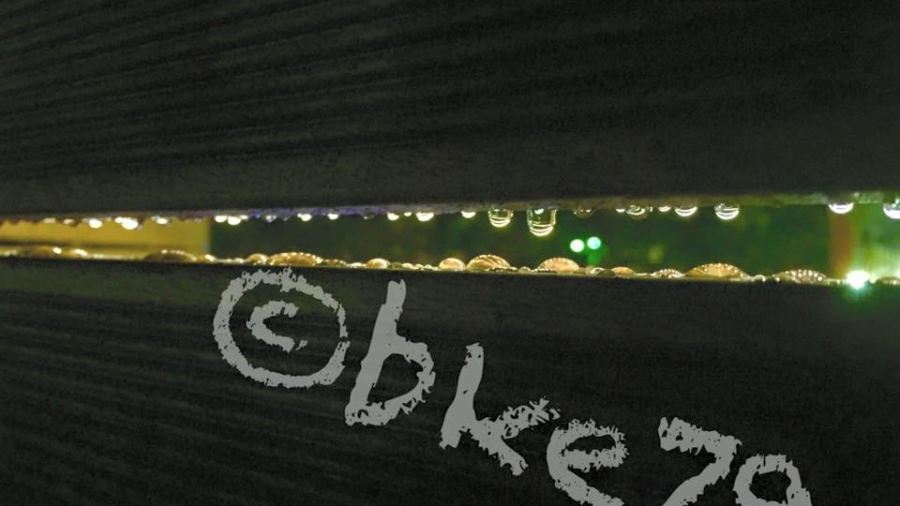
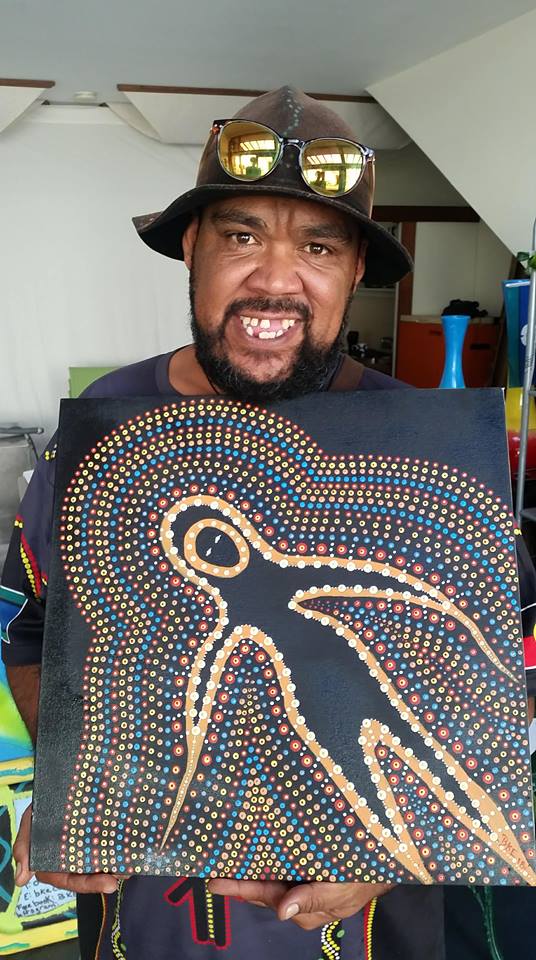 This week on ‘Talk the Walk’ I sit down with Bernard Kelly-Edwards in the middle of his tiny art shop in the thriving alternative community of Bellingen. Bernard is surrounded by paintings, expressions of who he is, a local Gumbayngirr man, and symbols of the deep spiritual connection to country that he shares with others.
This week on ‘Talk the Walk’ I sit down with Bernard Kelly-Edwards in the middle of his tiny art shop in the thriving alternative community of Bellingen. Bernard is surrounded by paintings, expressions of who he is, a local Gumbayngirr man, and symbols of the deep spiritual connection to country that he shares with others.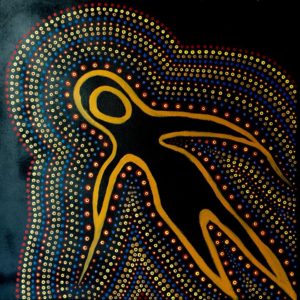
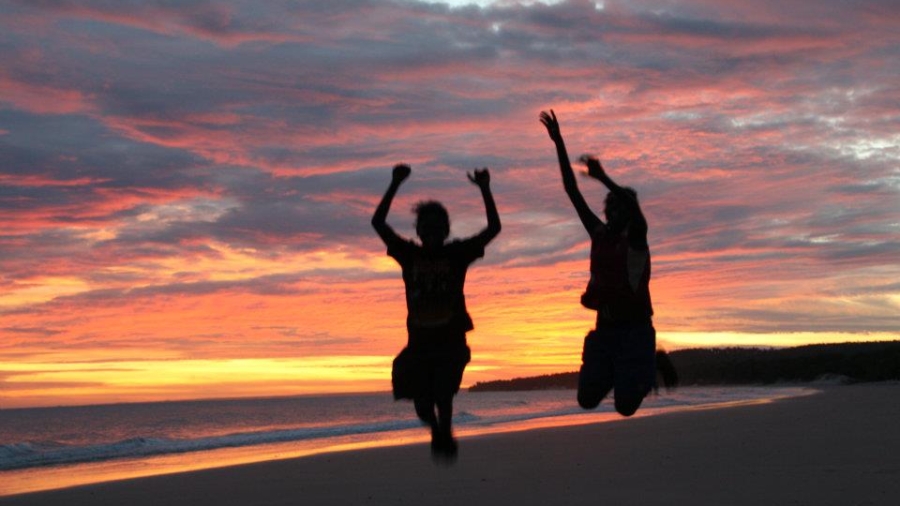
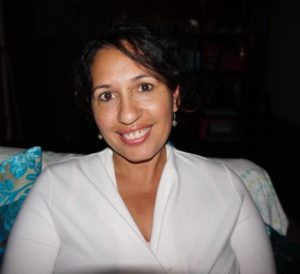 What a delight it was to be speaking with Tileah Drahm-Butler this week on ‘Talk the Walk’, about her journey into narrative therapy and her approach to working with Aboriginal and Torres Strait Islander people. Tileah’s passion for social work and giving Aboriginal people a voice shines through in this conversation. We also gain insight into the woman behind the work and the long list of inspiring women in her family that stand behind her.
What a delight it was to be speaking with Tileah Drahm-Butler this week on ‘Talk the Walk’, about her journey into narrative therapy and her approach to working with Aboriginal and Torres Strait Islander people. Tileah’s passion for social work and giving Aboriginal people a voice shines through in this conversation. We also gain insight into the woman behind the work and the long list of inspiring women in her family that stand behind her.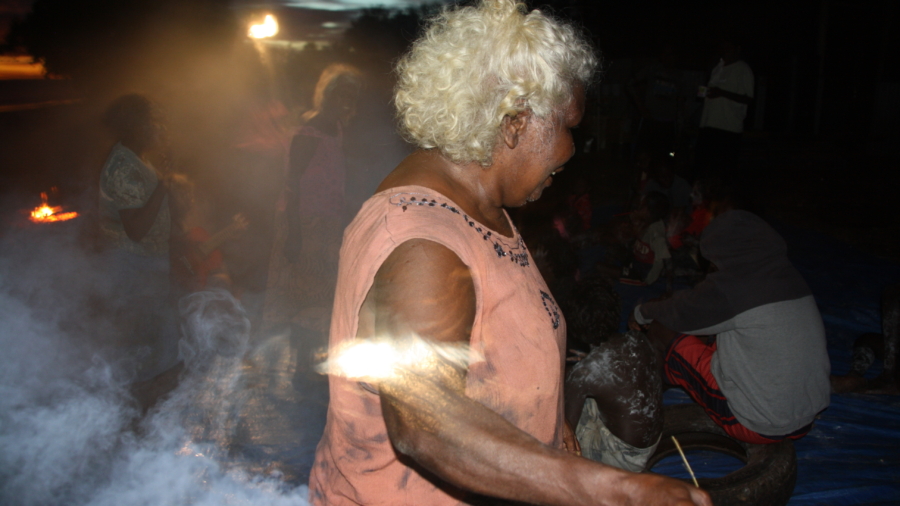

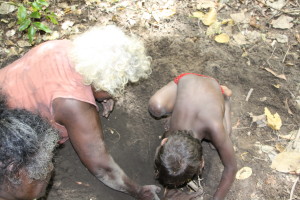
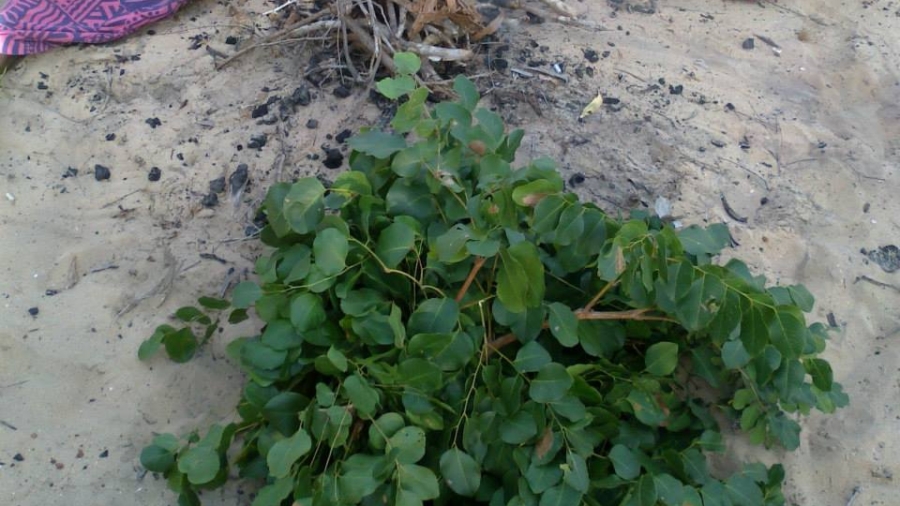
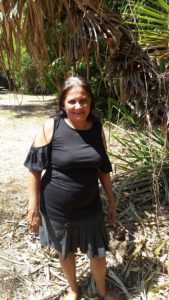 While I am gearing up to undertake the first Forest Therapy* course offered on Australian soil down in the Yarra Ranges this week, it seems the interest in ecotherapeutic approaches to health and wellbeing is growing rapidly. While the Western world is just catching up with the scientific evidence to prove nature can heal us from the social ills of overconsumption and environmental degradation, Indigenous cultures across the world have always known of the healing power of nature. For many years I’ve heard Elders from the Tiwi Islands prescribe ‘going out bush’ as the best treatment for mental health problems and young people who are going off the rails, rather than traditional talk therapies. Leonie Hunter of the Tiwi islands is my guest on ‘Talk the Walk’ this week. With knowledge and wisdom passed down to her from family and a passion for understanding mental health in the 21st century, Leonie unpacks what ‘nature as healer’ means to the oldest culture in the world.
While I am gearing up to undertake the first Forest Therapy* course offered on Australian soil down in the Yarra Ranges this week, it seems the interest in ecotherapeutic approaches to health and wellbeing is growing rapidly. While the Western world is just catching up with the scientific evidence to prove nature can heal us from the social ills of overconsumption and environmental degradation, Indigenous cultures across the world have always known of the healing power of nature. For many years I’ve heard Elders from the Tiwi Islands prescribe ‘going out bush’ as the best treatment for mental health problems and young people who are going off the rails, rather than traditional talk therapies. Leonie Hunter of the Tiwi islands is my guest on ‘Talk the Walk’ this week. With knowledge and wisdom passed down to her from family and a passion for understanding mental health in the 21st century, Leonie unpacks what ‘nature as healer’ means to the oldest culture in the world.